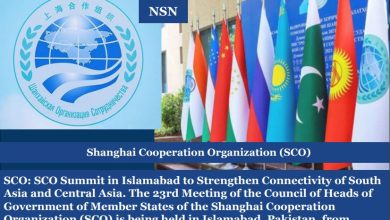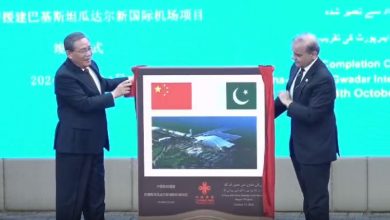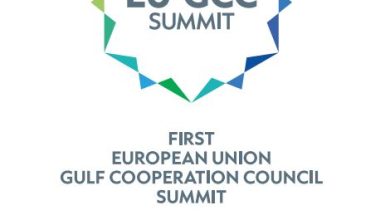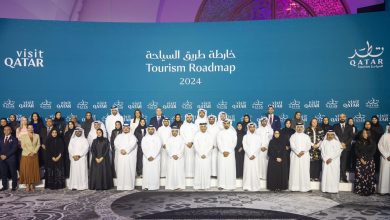Tashkent Hosts WCCE for Advancing Creative Economy by AI
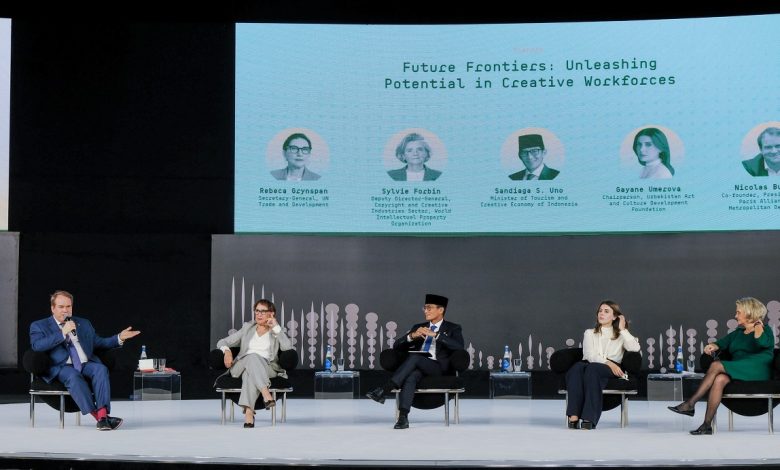
-
Tashkent hosts Conference for advancing creative economy, promoting a sustainable future
-
World Conference on Creative Economy held in Tashkent, highlighting the power of human creativity, of power of AI as a driving force for innovation
-
Uzbekistan Art and Culture Development Foundation, with cooperation of partners, organized the global event themed “Inclusively Creative: A Shifted Reality”
-
Experts from Eurasia, Asia, Africa and Latin America participated in discussions on initiatives of creative economy, and explored the social and economic challenges of rapidly advancing technologies, especially the rise of AI.
By: Muhammad Arif, Editor NSN.Asia
- Tashkent: Uzbekistan’s capital city and ancient trade road of Silk Road, Tashkent, hosted the 4th World Conference on Creative Economy (WCCE) on October 2, 2024, bringing together over 2,000 participants from more than 80 countries at the Central Asia Expo Center to strengthen international cooperation in transitioning economies from a resource-based economy to a knowledge-based economy.
The opening ceremony of World Conference on Creative Economy in Tashkent was attended by the Prime Minister of the Republic of Uzbekistan Abdulla Aripov and Assistant to the President of the Republic of Uzbekistan Saida Mirziyoyeva.

The conference themed “Inclusively Creative: Shifted Reality,” focused on the transformative role of the creative economy in fostering sustainable global development as creativity becomes a vital driving force for innovation and inclusivity.
The creative industry representatives and policy makers from 75 countries gathered here to discuss socio-economic issues related to the rapid development of technology and the role of creative industries in shaping a sustainable future.
The global event on creativity and related innovations was organized by the Uzbekistan Art and Culture Development Foundation with the support of Indonesian partners, the UN Conference on Trade and Development and the World Intellectual Property Organization.
A ministerial meeting on the creative economy, an exhibition of achievements of the world’s creative industries and Uzbekistan, workshops, masterclasses, and practical classes were held.
First launched in Indonesia in 2018, the World Conference on Creative Economy has become a significant biennial platform where leaders, innovators, and stakeholders from various creative industries gather to discuss challenges, opportunities, and trends shaping the sector. Previous conferences were held in Dubai (2021) and Bali (2022), with each event attracting thousands of participants and paving the way for collaboration in the creative sector.
The 2024 edition of WCCE drew high-profile figures, including British supermodel, actress, and activist Naomi Campbell, who delivered remarks during the opening ceremony, underscoring the importance of creativity as a driving force for innovation and inclusivity.
Also, the World Conference on Creative Economy in Tashkent featured prominent organizers such as the Art and Culture Development Foundation of Uzbekistan, the Indonesian Ministry of Tourism and Creative Economy, the United Nations Conference on Trade and Development (UNCTAD), and the World Intellectual Property Organization (WIPO). Supporting organizations included the British Council, Westminster International University in Tashkent, and the Asian Development Bank Institute (ADBI).
In recent years, Creative Economy got popularity due to marvelous power and contributions. As the creative economy is projected to generate $2.3 trillion annually and account for 10% of global GDP in the next 10–15 years, the future of the sector remains a critical point of discussion.
Technological advancements, particularly artificial intelligence (AI), were central to the debates at World Conference on Creative Economy in Tashkent. Rebecca Grynspan, Secretary-General of UNCTAD, emphasized AI’s potential to create jobs rather than displace them, forecasting the creation of 89 million new jobs.

Goldman Sachs also highlighted that AI could contribute to 7% of global GDP growth, adding $8 trillion to the global economy.
However, the future of the creative economy is not without its challenges. Experts discussed the need for policies and frameworks to support the sector.
At the request of the President of Uzbekistan, a “Law on Creative Economy” is currently being drafted to provide such support. Viren Lall, Managing Director of ChangeSchool, pointed out that traditional arts and crafts could vanish without adequate support, emphasizing AI’s potential to enhance creative education and museum experiences.
The World Conference on Creative Economy in Tashkent also highlighted the sector’s unique ability to foster inclusivity and job creation, particularly for women, rural populations, and people with disabilities.
Denise Waddinham, Director of the British Council in Uzbekistan, described the creative economy as a “fantastic way to promote employment” and diversify economic opportunities.
A key topic of discussion was access to finance and technology. During the panel discussion “Creative Economies for End-Users: Investments, Finance, and IT,” participants explored common challenges faced by the sector.
Gayane Umerova, head of the Arts and Culture Development Foundation, stressed the importance of collaboration between the private sector and creative industries, citing successful partnerships between local artisans and female workers as examples of the creative economy’s potential.

In conclusion, the 4th World Conference on Creative Economy in Tashkent reinforced the idea that human creativity is a fundamental driver of economic growth and cultural development. As the global creative economy continues to evolve, platforms like the WCCE will remain essential in shaping its future and ensuring that it remains inclusive, innovative, and sustainable.


